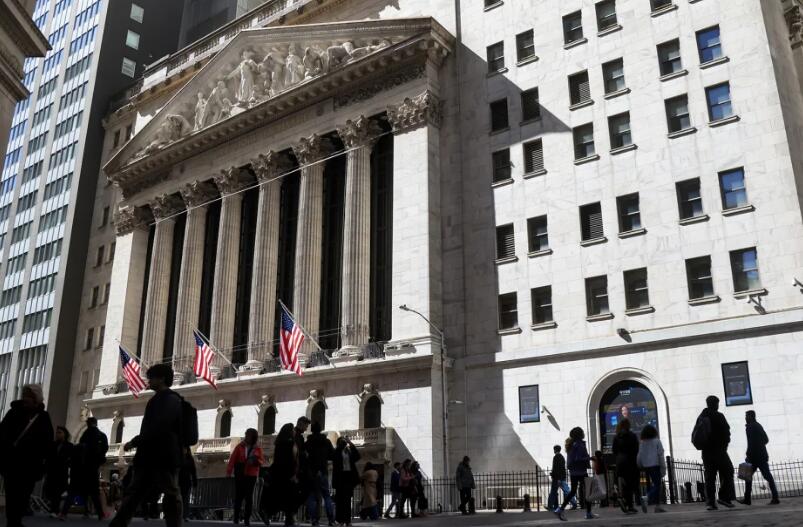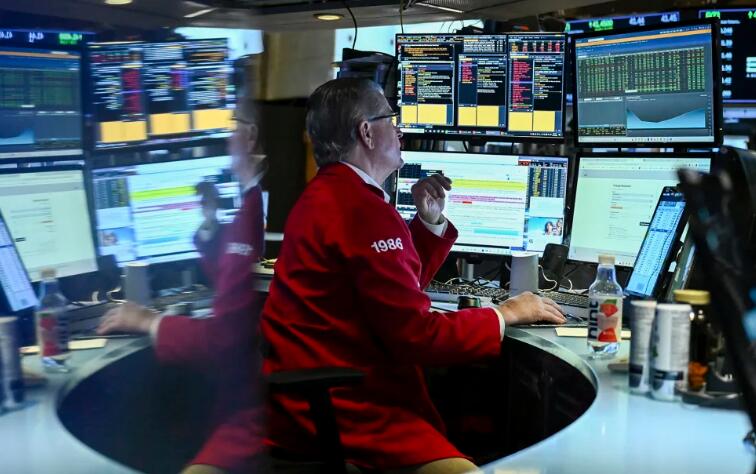Excerpt: A Bank of America survey shows investors are pulling back from US stocks, driven by uncertainty over Trump’s economic policies, and turning to more stable European markets.

The US stock market, long considered the gold standard, is facing increasing headwinds as investors grow wary of President Donald Trump’s economic agenda. This has prompted a shift towards European and Asian markets, reversing a decades-long trend.
A Bank of America survey revealed the largest drop in allocation to US stocks since data collection began in 1999. Simultaneously, it showed the largest increase in allocation to European stocks since 2021. Analysts at Bank of America suggest that investors believe US exceptionalism may have peaked.
While the S&P 500 has soared in recent years, Trump’s trade and foreign policy decisions are contributing to a broader reassessment of US market stability. “There seems to be a sea change in overall investor sentiment,” noted David Russell, global head of market strategy at TradeStation.
Despite a slight rally on Friday, where the Dow edged up by 32 points (0.08%), the S&P 500 gained 0.08%, and the Nasdaq Composite rose 0.52%, the S&P 500 remains down about 4% this year. This lags behind global indexes, including those in China, Europe, and Mexico.
Peter Ricchiuti, senior professor of finance at Tulane University, pointed out that markets crave certainty and stability, qualities increasingly absent from the US outlook. “The US has been [the place] everybody wanted to put money into. And now it’s really upsetting the whole world in terms of clarity.”
Data supports this sentiment, with an index measuring US economic policy uncertainty spiking in March to its highest level since the COVID-19 pandemic. The Federal Reserve also acknowledged increased uncertainty surrounding the economic outlook.
Concerns extend to major US corporations. FedEx (FDX) shares plummeted after the company slashed its guidance and lowered profit forecasts, citing “continued weakness and uncertainty in the U.S. industrial economy.”
Baird analysts highlighted the “sheer size of the tariffs, coupled with a haphazard implementation plan,” as creating market turmoil and hindering business planning.

Conversely, Europe is emerging as a relatively stable investment haven. The Trump administration’s foreign policy shifts, particularly regarding Ukraine, have spurred European nations to focus on defense spending, boosting European stocks. In Germany, political changes and increased defense spending forecasts are fueling economic growth hopes, with the DAX index soaring 15% this year.
“While this is being done in reaction to US policies, it offers compelling economic benefits for Germany,” noted Kristina Hooper, chief investment strategist at Invesco.
Ross Mayfield, an investment strategist at Baird, suggested that the slightly more isolationist Trump policy might “unlock kind of a new regime for investing internationally.”
While the S&P 500 and the Nasdaq have recently avoided being in correction territory this month, the S&P has pulled back from correction territory but is down 7.8% from its record high. It all points to a shift in investor confidence away from the US and towards more stable global markets.